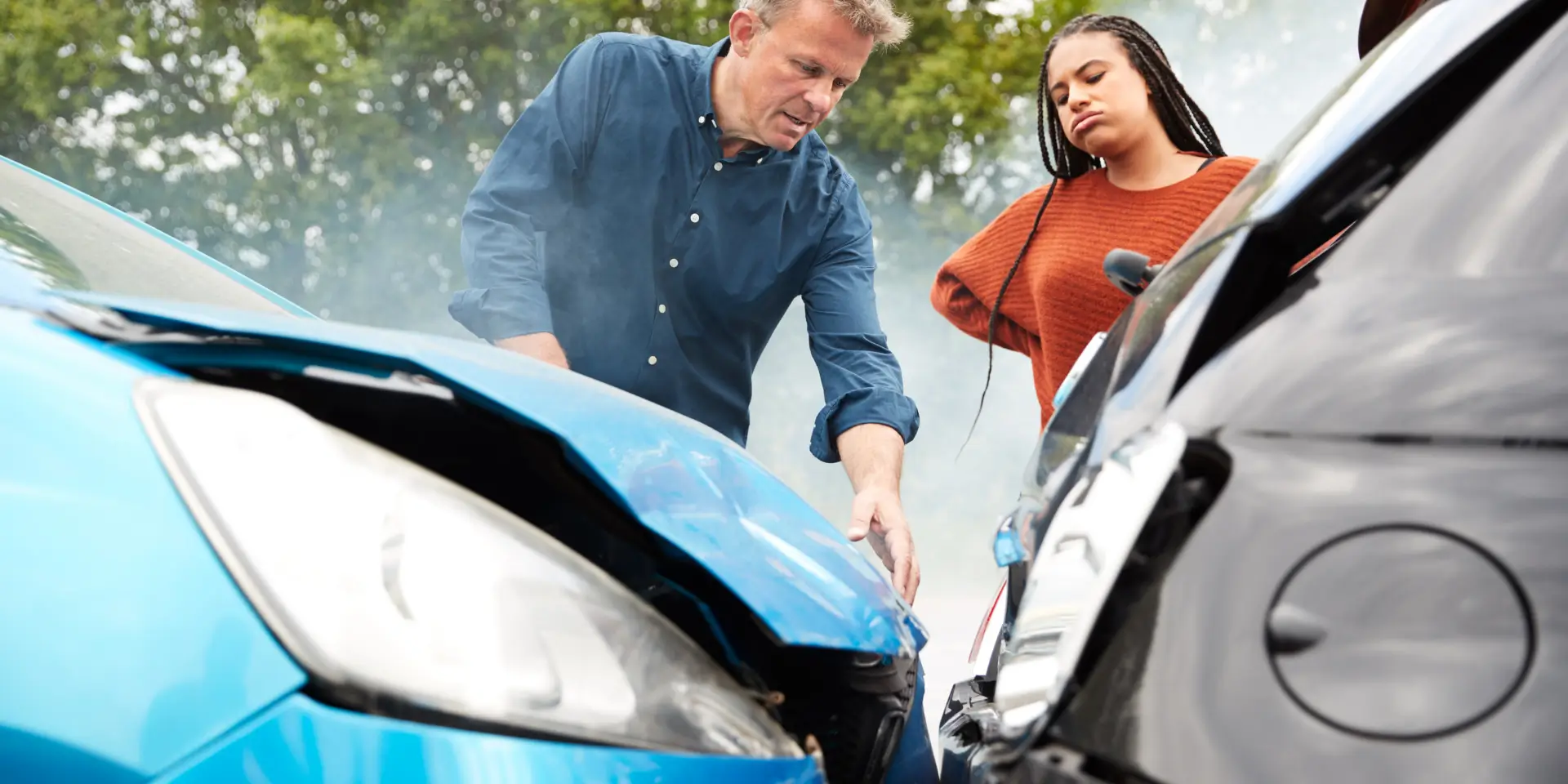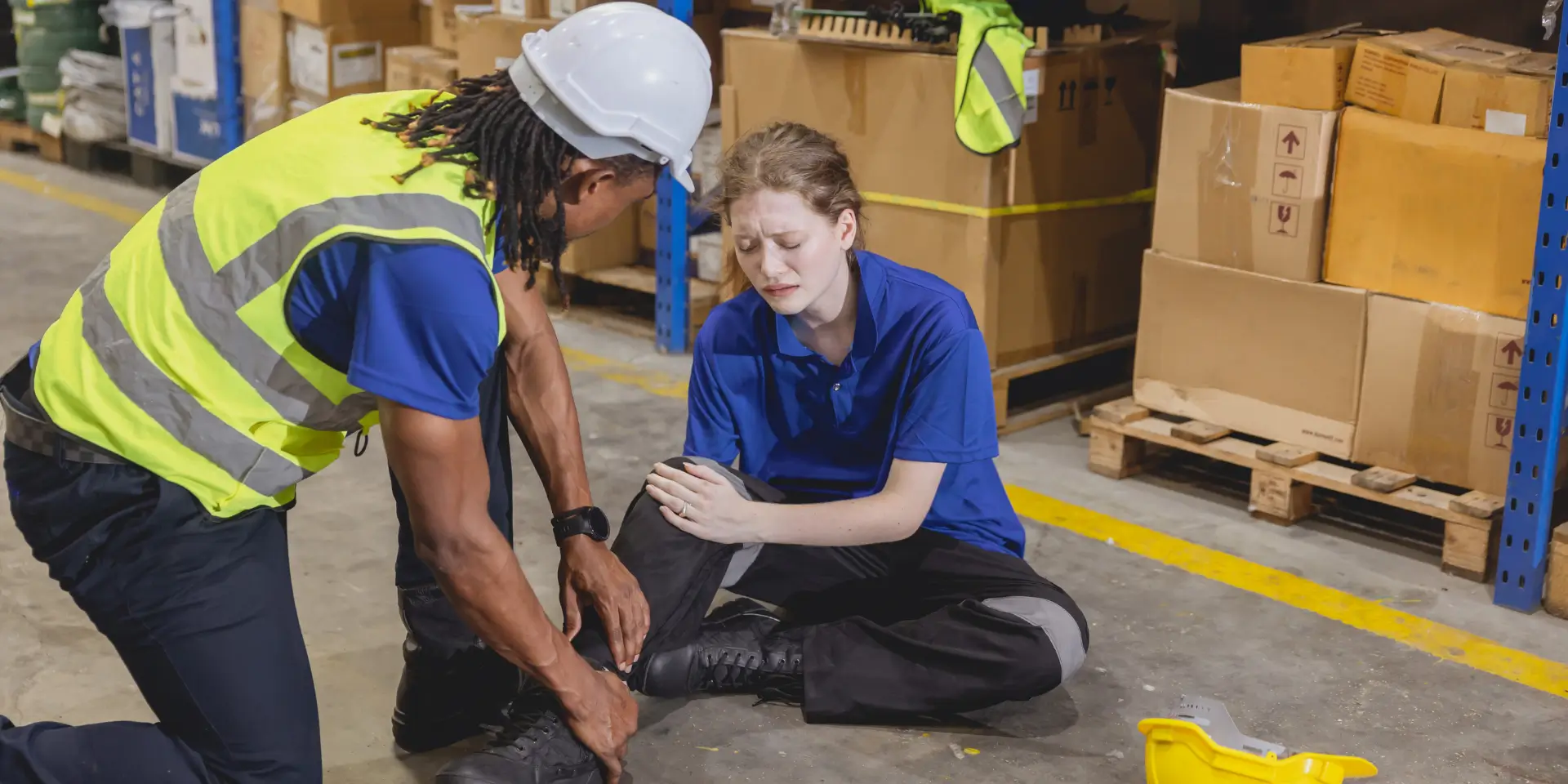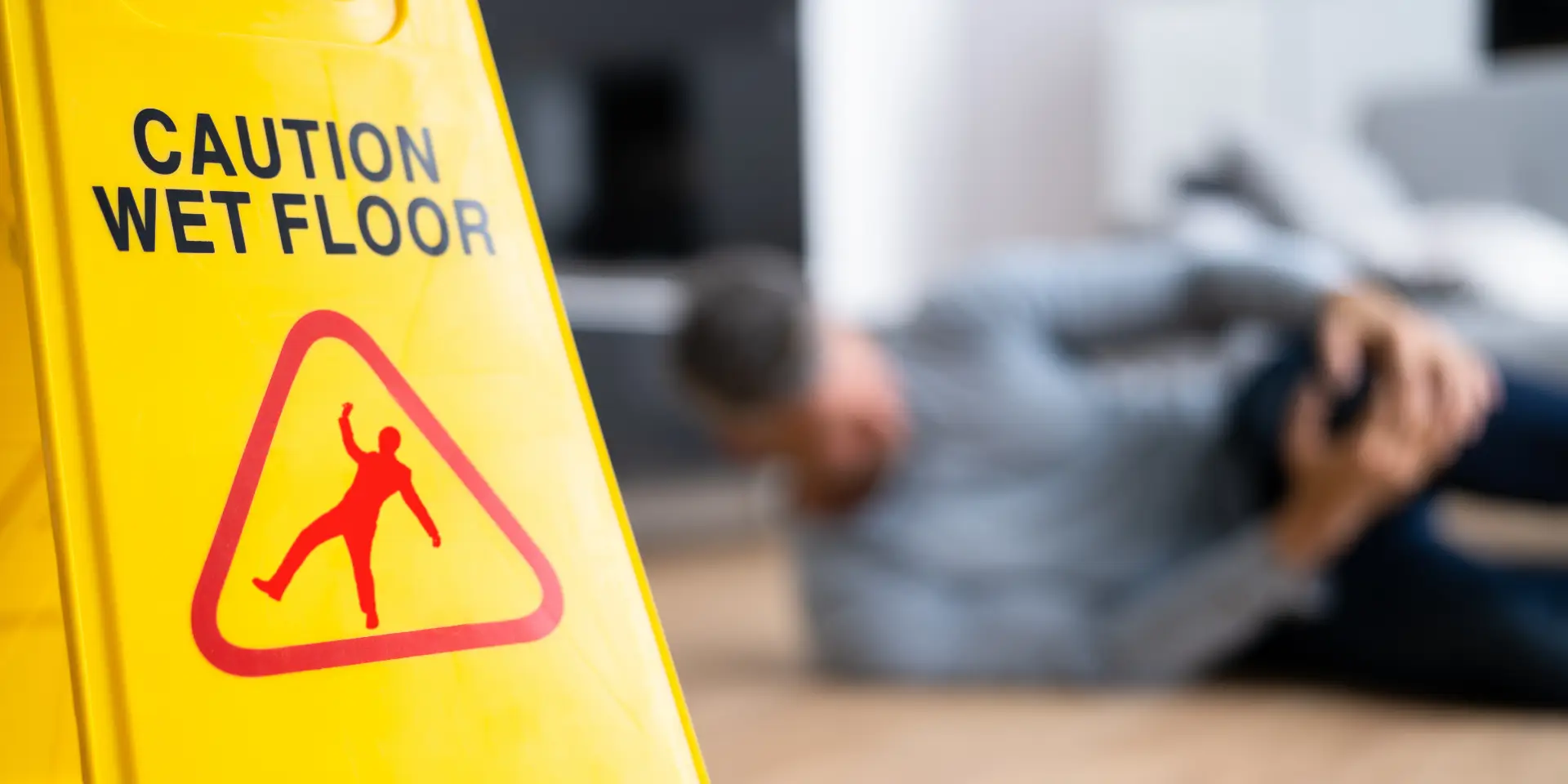Car accidents can be disorienting, painful, and overwhelming, especially when they happen suddenly. If you’ve been involved in a crash in San Jose, it’s essential to take the right steps immediately after the accident to protect your health, your rights, and your ability to recover compensation. This comprehensive guide walks you through the critical actions to take and how Dalili Law can help you navigate the legal aftermath.
Step 1: Prioritize Safety and Seek Medical Attention
Your health and safety come first. If you’re in a safe location and able to move, check yourself and others for injuries. Call 911 immediately if anyone is injured. Even if you feel fine, it is still crucial to get evaluated by a medical professional—some injuries, like whiplash or internal trauma, may not be immediately apparent.
Why it matters: Medical records serve as key evidence in personal injury claims. Delaying care could jeopardize both your health and your case.
Step 2: Call the Police and File a Report
In California, you must report any accident that involves injuries, death, or property damage exceeding $1,000. A responding officer will create an official police report documenting the accident, which includes driver statements, witness accounts, and initial fault determinations.
Tip: Request the responding officer’s name, badge number, and report number. You’ll need a copy for your records and your attorney.
Step 3: Document the Scene
If it’s safe to do so, gather as much evidence as possible before vehicles are moved or towed.
Take photos of:
- Vehicle damage
- License plates
- Road conditions and traffic signs
- Visible injuries
- Debris or skid marks
Also, collect contact information from:
- The other driver(s)
- Witnesses
- Any passengers involved
Pro Tip: Write down everything you remember about how the accident happened while it’s fresh in your mind.
Step 4: Exchange Information
Under California law, you’re required to exchange:
- Name and address
- Driver’s license number
- Vehicle registration and license plate number
- Insurance information
Remain calm, respectful, and avoid admitting fault—even if you think you were responsible. Fault should be determined by investigators and insurance adjusters.
Step 5: Notify Your Insurance Company
Contact your insurance provider as soon as possible to report the accident. Provide basic information about the crash but avoid giving recorded statements or signing anything without legal guidance.
Warning: Insurance companies often look for ways to minimize payouts. A simple statement taken out of context could be used against you later.
Step 6: Understand California’s Comparative Fault Rule
California follows a “pure comparative negligence” system. This means that even if you were partially at fault, you can still recover damages—but your compensation may be reduced by your percentage of fault.
For example, if you’re awarded $100,000 and found 20% at fault, you would receive $80,000.
This makes accurate documentation and strong legal representation critical.
Step 7: Keep Detailed Records
Maintain a dedicated file or folder for all accident-related documents:
- Medical bills and treatment plans
- Police reports
- Repair estimates
- Correspondence with insurance companies
- Photos and witness information
This documentation can significantly strengthen your claim.
Step 8: Watch for Delayed Symptoms
Some injuries may appear hours or even days after the accident. Common delayed symptoms include:
- Neck and back pain
- Headaches
- Numbness or tingling
- Mood changes (possible concussion or PTSD)
If you notice new symptoms, seek immediate medical attention and notify your attorney.
Step 9: Avoid Social Media
It might be tempting to post about your accident, but avoid sharing any information online. Insurance adjusters and opposing counsel may monitor your social media accounts to find inconsistencies or reasons to downplay your claim.
Step 10: Contact a San Jose Car Accident Lawyer
Working with a knowledgeable personal injury attorney can make a substantial difference in your case. At Dalili Law, we help clients:
- Determine liability
- Handle communications with insurance companies
- Calculate fair compensation for medical bills, lost income, pain, and suffering
- Pursue legal action if necessary
We understand how stressful accidents can be. Our goal is to provide clear guidance, personal attention, and aggressive representation from start to finish.
Why Choose Dalili Law for Your Car Accident ase?
- Over 20 years of experience in personal injury law
- Based in San Jose and serving the entire Bay Area
- Proven results in complex accident claims
- Personalized attention from start to finish
- No fee unless we win your case
Frequently Asked Questions (FQs)
Q: How long do I have to file a car accident claim in California?
A: Generally, the statute of limitations is two years from the date of the accident.
Q: What damages can I recover?
A: You may be eligible for medical expenses, lost wages, pain and suffering, property damage, and more.
Q: Do I need a lawyer for a minor accident?
A: Even minor accidents can result in long-term injuries. A free consultation can help determine if legal action is appropriate.
Q: What if the other driver is uninsured?
A: You may still be able to recover damages through your uninsured motorist coverage or a personal injury claim.
Final Thoughts
Being involved in a car accident is never easy—but knowing what to do can protect your rights and improve your chances of recovery. Take the right steps early, and consider contacting an experienced attorney who understands California law and local courts.
If you’ve been injured in a car accident in San Jose or the Bay Area, contact Dalili Law today for a free consultation. We’re here to help you every step of the way.


